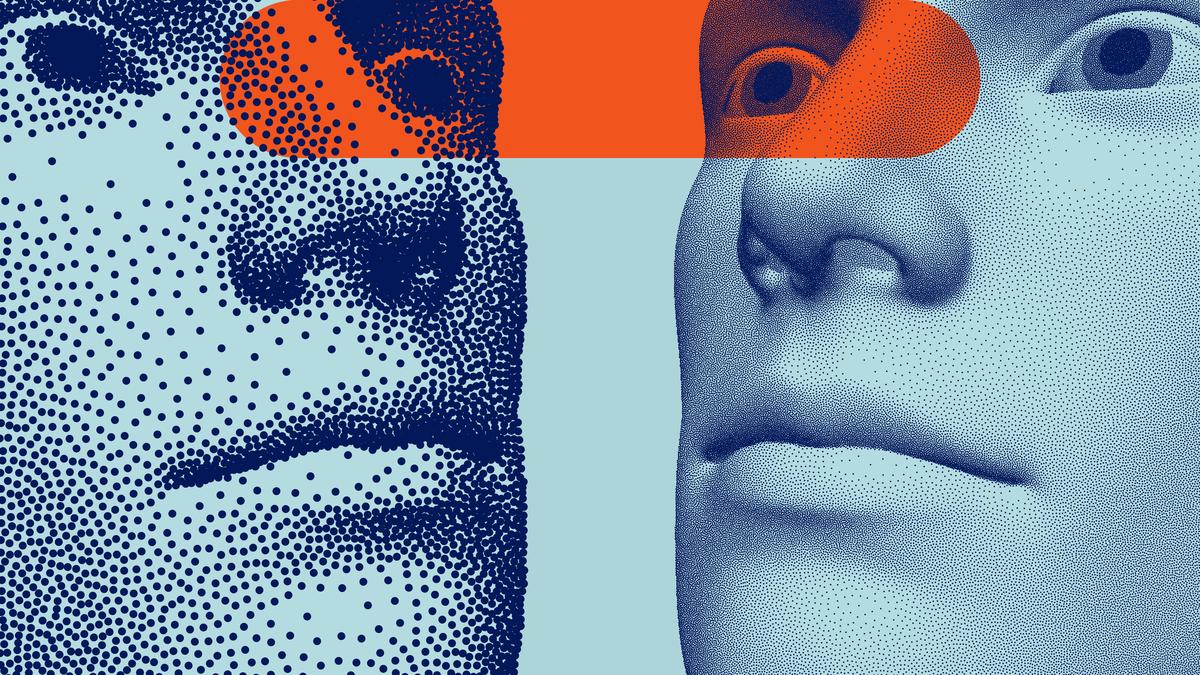
The dissonance between the real life and online identity can ruin self-esteem and overall mental health.
| Photo Credit: Getty Images
The social media platforms designed to bring people together often become more oriented towards reflecting back the self rather than serving as a window for common connection and social belonging. Social media’s original goal of connecting individuals has shifted toward self-marketing and careful crafting of online personas. This results in a digital narcissism with individuals trying to get likes, shares and comments affirming their self-worth but limited by a contrived social media rating system.
As a result, they become victims of the vicious cycle where the feeling of self-worth becomes merged with the approval of online members.
The self-presentation theory by Erving Goffman supposes that people develop their behaviour so as to manage impressions in social settings. In the cyber settings, this patterns into focusing on the best version of the self. People nowadays consume one another’s lives in the illusion of what they can present by the help of social media and because of that, young people are in a state of malaise and anxiety. The online performers glamorise their lives by choosing which of the segments of their lives to display and which of those to conceal. This image management is in line with Christopher Lasch’s idea of the “culture of narcissism” in which self-admiration suppresses virtues, allowing the space for acting, but the sincerity of the connection is compromised.
Social media validation does not confine to average social media users. Professionals, influencers, corporate executives and even academics showcase their success, achievement, expertise and even daily lives on social media through regular posts and status updates. In this social media market of competition, there are chances for exaggeration, fabrication and deceit to earn recognition. A regular online presence can lead to more networking opportunities. But if that persona is built on exaggeration or deceit, this fragile construct will become vulnerable to exposure and ruin. The dissonance between the real life and online identity can ruin the self-esteem and overall mental health.
There are some people who choose not to be part of this digital market. It is a complex matter to deal with the identity crisis of those who do not share their social media status. They are sometimes left out of the virtual reality where they are not seen, but at the same time, they have the opportunity to figure out who they really are apart from the pressure of social comparison. They either don’t update their daily lives on social media or avoid the platforms altogether. In a world where online is social, this choice can lead to a unique kind of identity crisis. Being absent from social media status updates can make us feel invisible and disconnected as the world is talking online. Despite these hurdles, a fair number of people who give up or limit their time on social media believe that there is a much stronger connection to the real self. They do not have to worry about getting compliments from followers and can interact with the real world more naturally. Instead of suffering from identity crisis, they might be experiencing a type of self-liberation where their self is not guided by online opinions.
The significant impact of social media on identity formation cannot be overlooked, yet the ultimate appraisal of a personality should not rely on the level of online engagement. The basis of the self needs to be internal growth processes, the quality of our relationships and self-understanding. The issue is how to balance oneself: becoming a digital creature while still being a genuine human being.
Published – May 11, 2025 04:02 am IST
